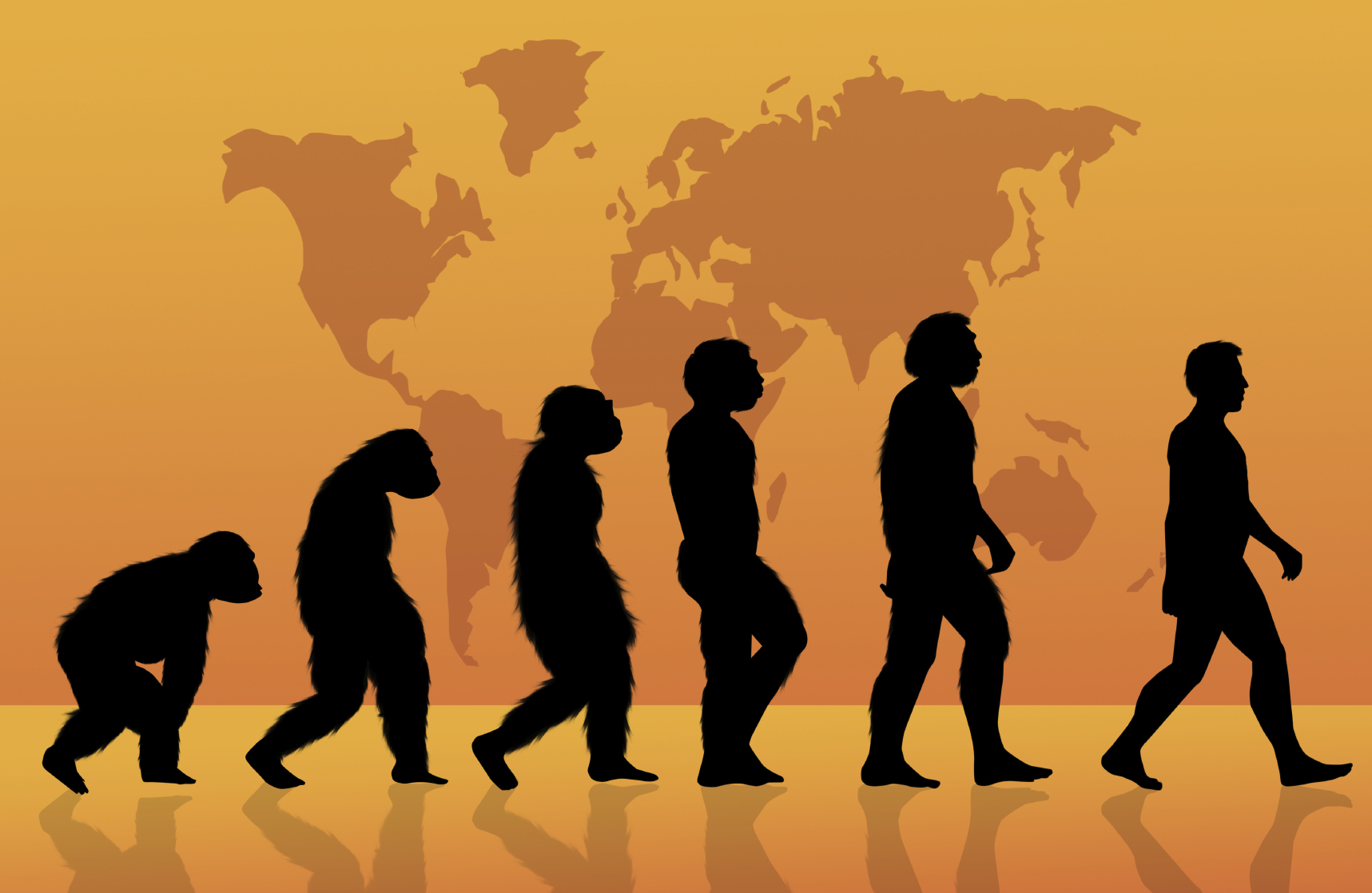The fact that humans survived in a world of more powerful predators is a huge tribute to the potency of our brain. Our claws and jaws aren’t threatening to wolves and crocodiles, our strength is merely amusement to bears and elephants, and we move like turtles in the eyes of a puma.
But when it comes to the ability to strategize, plan and execute, no other creature compares, and that afforded us the lofty position we enjoy at the top of the food chain. Before we got here however, our predecessors have had to make countless life-saving decisions, often within a few seconds or less.
Over generations of survivors, humans developed thinking shortcuts which are still very pervasive today. Of these common shortcuts, 5 are very costly to our health. While it is unlikely that we’ll ever break free of their influence, increased mindfulness can alleviate their effects on our thought processes, behaviors, and wellness.
Sunk Costs
We hate failure. The more time, energy and money we’ve invested into something, the less we want to let go, explains Daniel Kahneman in his book Thinking, Fast and Slow. So we watch a late night TV show until the end even if the episode sucks and we know we’ll suffer from sleep deprivation the next day, and we eat the entire Sumo-size dish the waiter placed under our nose even if doing so requires us to loosen our belt.
Loss Aversion
We hate to lose, or to miss out on something. Studies estimate that losses have about twice the psychological impact of equivalent gains. So, when faced with a choice, we tend to place more weight on avoiding missing something than on trying to gain something else. That’s why we pick the happy hour over the gym session, read Facebook posts past bedtime, and cheat on our eating plan when an opportunity arises.
Optimism Bias
We like to think that we are immune to disease or protected from dangers by some invisible guardian angel. “It won’t happen to me”, think people who have unprotected sex or who choose the drive-through for daily sustenance.
In my workshops, I often ask my audience how many have below average driving skills. In a crowd of 200 people, I’ll typically see 5 or 6 hands go up – including mine (my husband has told me enough times!). Similarly, most of us think we need less good sleep, food, mood and exercise than others to function optimally and stay healthy.
Confirmation Bias
We love for our beliefs and opinions to be validated. So much so that we have an internal lawyer, working around the clock to make sure we give more weight to anything that agrees with us, and discredit sources that disagree. If you’re an avid runner, you’re likely to find and remember information showing that running doesn’t influence the likelihood of developing arthritis. If you’d rather go blind than go for a run, you’ll find the studies that explains the dangers of joint overuse.
Fitting In
Our fundamental need to belong is a powerful behavior shaper. Just think of all the times you succumbed to regrettable choices due to peer pressure as a teenager (or how difficult it was to resist) and you’ll agree that the desire to fit in impacts us deeply. In their book Connected: The Surprising Power of Social Networks and How They Shape Our Lives, Nicholas Christakis and James Fowler review 30 years of data from one of the longest-running epidemiological studies. They found that change doesn’t happen in a vacuum; it happens in networks. When we live in a culture that glorifies sleep deprivation, promotes fast food, normalizes high stress and engineers movement out of every activity, our health clearly suffers.
So ask yourself (or questions to ask your coaching clients)…
When does your reluctance to let go hurt your health? When are you consistently choosing against sound health behaviors, and is the gain really worth it? Do you think you’re doing just fine even if sleep deprived, malnourished, stressed and/or sedentary? What topics is your internal lawyer serving his most active duty on, and does it serve or interfere with maintaining a healthy lifestyle? Who in your network twists your arm away from your health goals? Can you reverse that pressure?
I recommend working on one of these mental shortcuts at a time. Choose an easier one to work on first, so you later have the ability to build on your initial victories. Be mindful so you can catch yourself using the distracting shortcut, admit when and how it is leading you astray, then make a smarter choice.

